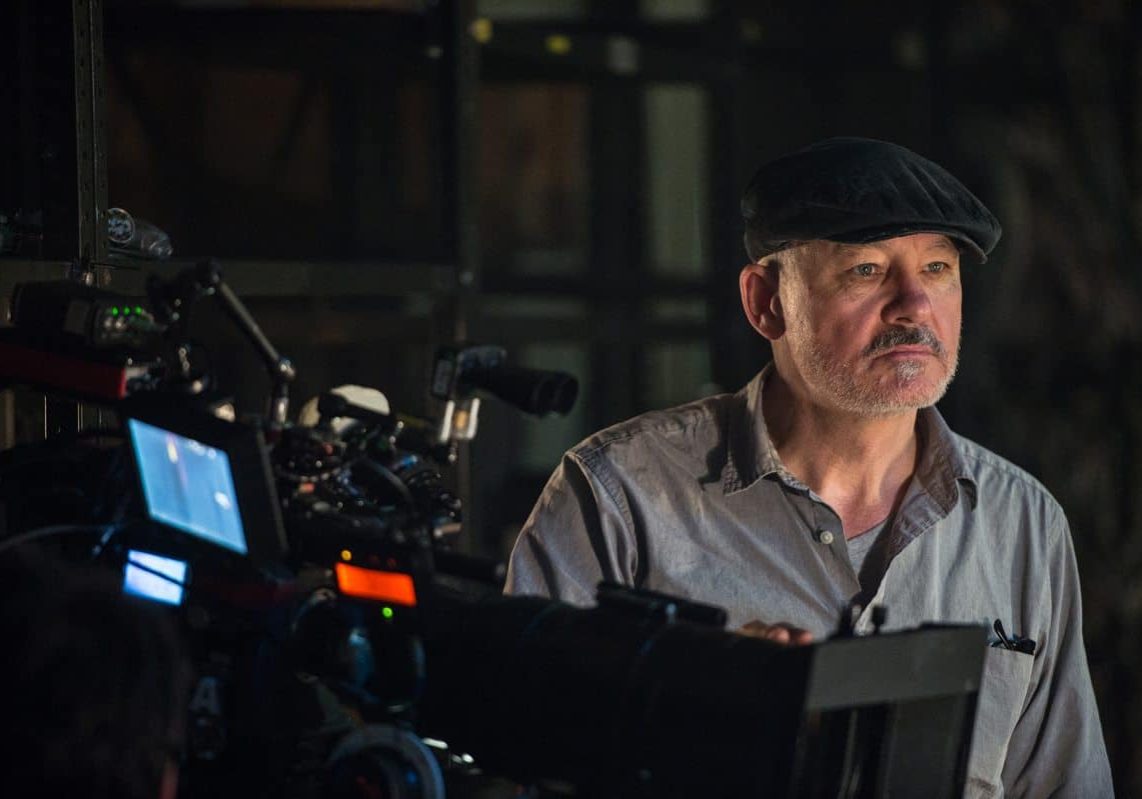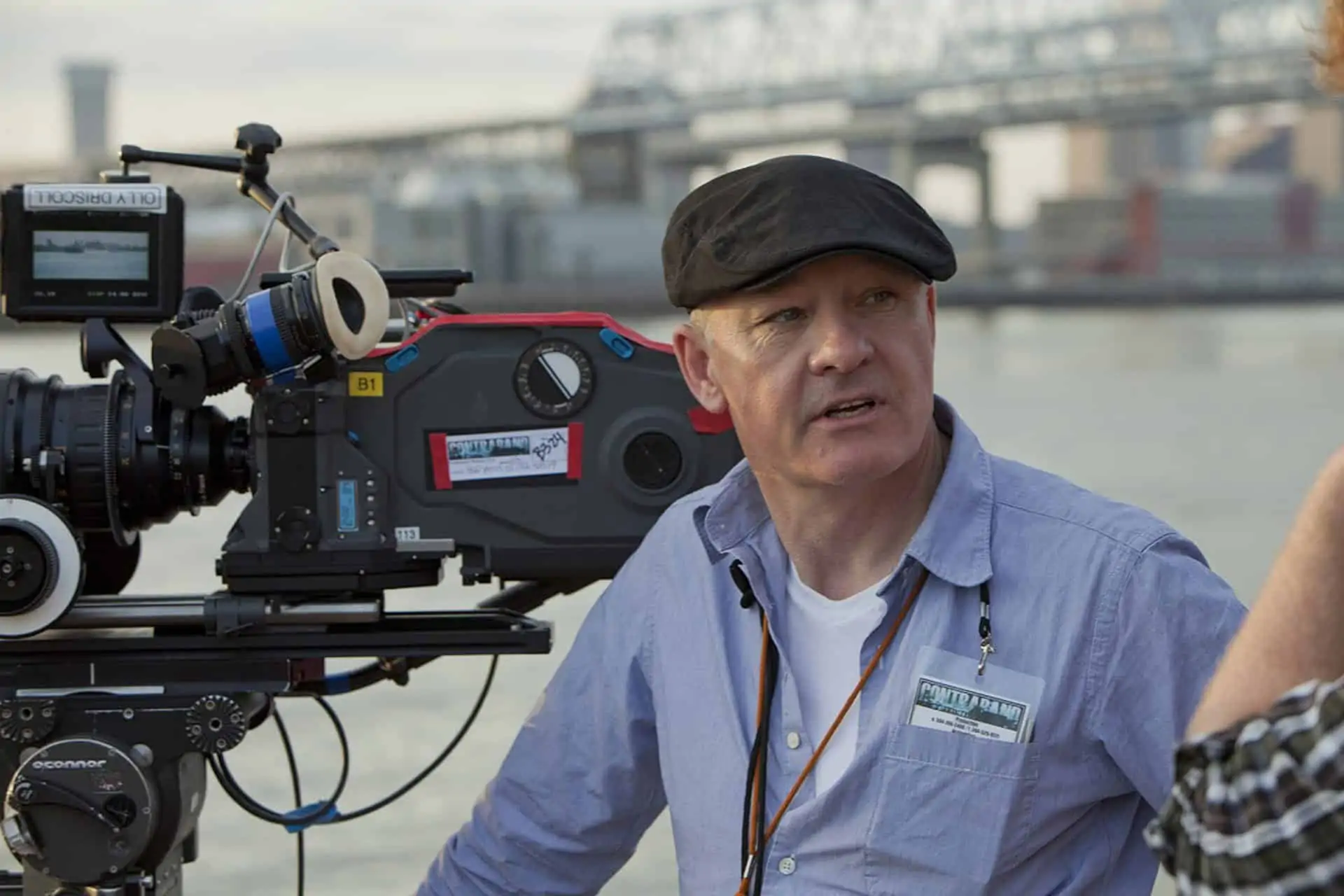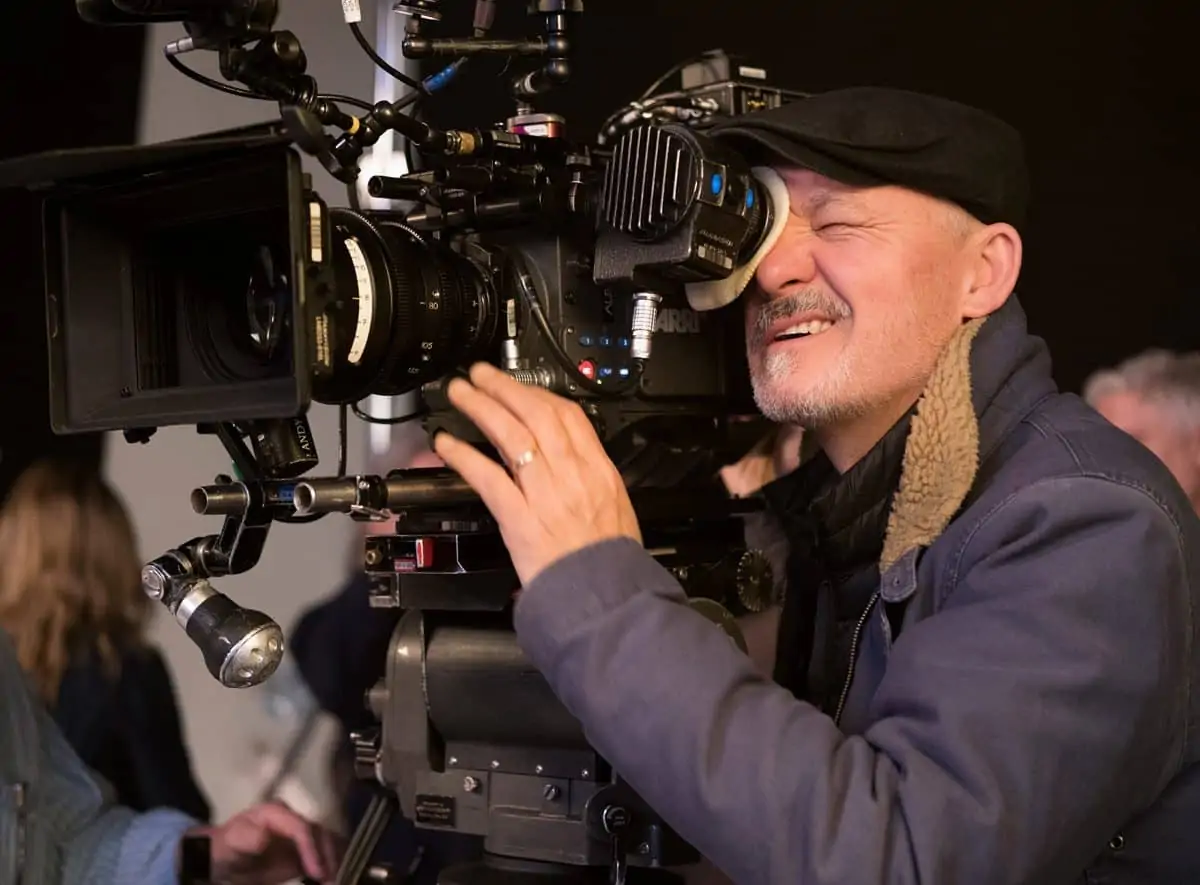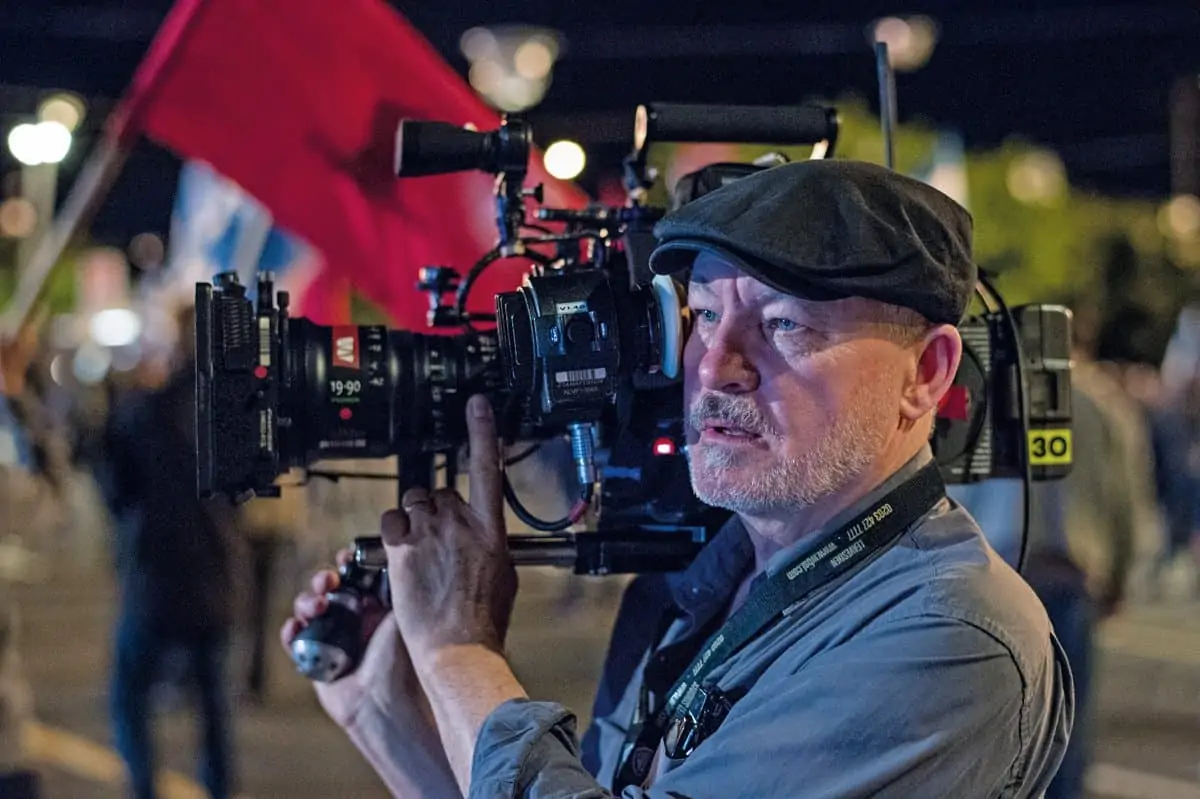But, is it art?
President's Perspective / Barry Ackroyd

But, is it art?
President's Perspective / Barry Ackroyd
It was almost 40 years ago that I studied filmmaking at a small art school on the south coast of England. Things were just great, except for one thing. I had to write my final dissertation.
Having gotten through the years of study, I distilled it down to: "Jean-Luc Godard And The Failure Of Auteur Theory." A suitably pretentious title I know, but it contained the things that fired me up. Firstly, the films of J-LG, and the refreshing wind of the French New Wave. Who wasn't influenced by the freedom of thought and fluidity of the camera? But what was probably more important to me was the theory of the “auteur”. First dubbed by the film critic Andrew Sarris, the theory, simply put, says that it is the director alone who authors the film, and that these directors could be categorised into gods (and I guess peasants too).
As you see, it’s a nasty theory, unless you’re a god, of course! Thankfully that theory doesn't hold much water these days, not now that the status of directors is mostly defined by their box office returns – a philosophy which would lead us to believe that James Cameron is probably the greatest director of all time.
Spot the problem? My view was, and still is, when you try to codify or monetise an artform, it creates division and probably has a reason. I guess this was the gist of my dissertation and led me to the realisation that auteur theory was a bad idea. But what I've learnt since, is that bad ideas never really die off, they just get reinvented and often turned into something much worse.
So it was that an erroneous idea gave way to the bastard sibling of auteur theory and laid the groundwork for the divide we now know as "above-the-line" and "below-the-line”.
As I understand it, ATL vs BTL comes from advertising. It was a way to define the most valued kind of advertising – TV as opposed to lesser forms, such as posters or flyers. So I can only imagine that the phrase then got knocked around a production office somewhere in Hollywood and wham! It stuck. One day it's used as a categorization and it doesn’t take long before cinematography becomes just a "below-the-line” cost, a fact. Like all bad ideas, nobody would want to own up to it, and even if they did, they would soon want to disown it. Think Oppenheimer and the atomic bomb; at least he showed remorse.
So what are the consequences? For decades, in the mind of production, cinematography has been intentionally downgraded from the status of art to that of craft. And with that, cinematography has turned into a simple enabler to producers, writers, directors and actors.
It's an obvious statement but, filmmaking is a collective process and a single element cannot stand-alone. As I've often said, cinematography is the first art of filmmaking. Writing, directing, producing or acting are but radio plays until cinematography is added. No one can deny what a contribution cinematography has been to our vision of the world, and no right-minded producer or director would wish to separate the art of cinematography from their vision.
But, is it art? Cinematography has produced unforgettable images that have moved and inspired and stirred our emotions. It speaks in every language. The moving image captures your heart. It can bring you to tears, and take you to places unimaginable.
If I'm allowed one list, let me mention some of the cinematographers that still inspire and fired-up my passion for cinematography, names that have made cinema what it is. In no order at all: Raul, Vilmos, Nestor, Robbie, Bob, Robert, Ellen, Janusz, Ossie, Sven, Conrad, Chivo, Jack, Freddy, James, Chris, Roger, Sergei, Haskell, Greg, Michael, Douggie and Wolfgang… and so on and so on. If your name doesn't appear it's only because there can never be enough space for all the brilliance brought to every piece of work. Have no doubt, the moving image is a beautiful, wondrous ever-changing work of art.
So why would anyone use a term like "below-the-line" when they know it's derogatory? Because it's based on economics, with the obvious intention of artificially elevating the few, well above those whose creativity turn words into cinema. Although cinematography has reached a place where it is ultimately respected by directors, producers and actors, at the same time it is held as a craft that can bought, interchanged or reproduced.
But this is not the reality of the situation. Each cinematographer sees the world in a different way. Although cinematographers visually craft the film, no two films look the same, and the finished article is unique.
If you're reading this whilst at Camerimage I know you'll have no doubt what role cinematography has had over the last century. It has given us images, both documentary or fictional, that shaped our worlds. We as cinematographers know as we walk out of a cinema, that the images which fill your imagination, will stay with you. You will probably wish that they were your images, but you know how unique they are. And you know that this really is “Art”.
I'm not saying that cinematography is god. No, without the collaboration of directors and writers, actors and entire crew, well then there are just images. It is this beautiful collaboration that makes great cinema. Directors make great cinematographers and cinematographers make great directors. It's a symbiotic relationship, an artform created by the combination of artists, pulling together.
When it's done well it can produce what is probably the most moving experience, outside of our real lives. Cinema is great.
Long live cinema!
Barry Ackroyd BSC
President
British Society Of Cinematographers



